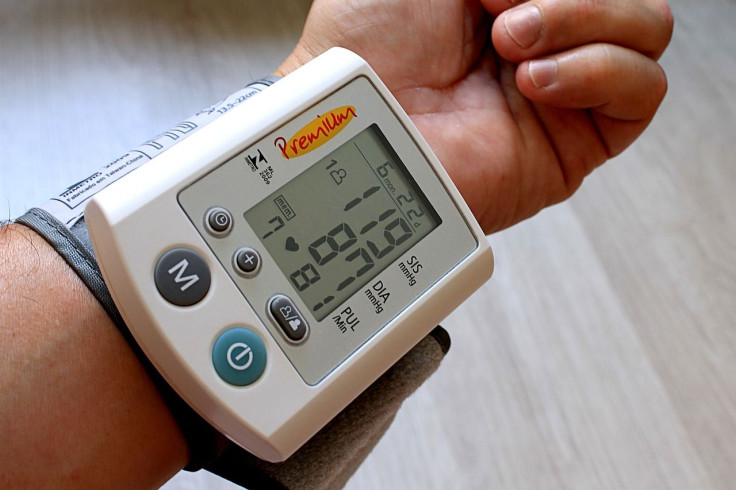The Silent Killer: Symptoms That Will Warn You Of High Blood Pressure

KEY POINTS
- High blood pressure is known as the silent killer
- It can wreak havoc to your health without you even knowing it
- Take note of the symptoms of the condition so that you can find the right treatment
High blood pressure has been regarded as the silent killer. It will cause your body to deteriorate slowly without you even knowing it. Serious complications arise when blood pressure is not kept at bay. Before you get to realize it, your body has already succumbed to the harmful effects of high blood pressure. Worse, the results may no longer be reversed.
How does high blood pressure arise?
High blood pressure occurs when the pressure in the arteries becomes higher than it must be. A lot of patients would experience high blood pressure, but because the symptoms are hardly noticeable, they are not able to find the right treatment immediately.
Understanding the symptoms
According to the health site NHS, one surefire way to find out whether your blood pressure is high or not is by getting your blood pressure checked. You can either visit your doctor, or you can opt for blood pressure monitors that can be used at home.
One upside to seeing your physician is that you will be able to inform him of all your symptoms, and you can receive the proper diagnosis. You could also opt to have your blood pressure checked at a pharmacy or at the workplace.
Some of the common high blood pressure symptoms include chest pain, severe headache, irregular heartbeat, vision problems. Some patients would feel difficulty breathing and blood in the urine.
The numbers
There are two measurements that are being recorded to read your blood pressure. First is the systolic pressure and the second one is the diastolic pressure. The systolic (number on top) is the force used by the heart to pump blood in the body. The diastolic pressure, on the other hand, is the resistance to the blood flow that could be found in the blood vessels.
If the reading is 140/90mmHg or higher, then that means that your blood pressure is high. If you are already 80 years old and above, high blood pressure would be at 150/90mmHg or higher.
Ideal blood pressure would be at 90/60mmHg or 120/80mmHg. Of course, if you get a reading between these two values, that would be ideal as well. So as much as possible, try to maintain your blood pressure at these ideal levels.
© Copyright IBTimes 2025. All rights reserved.





















